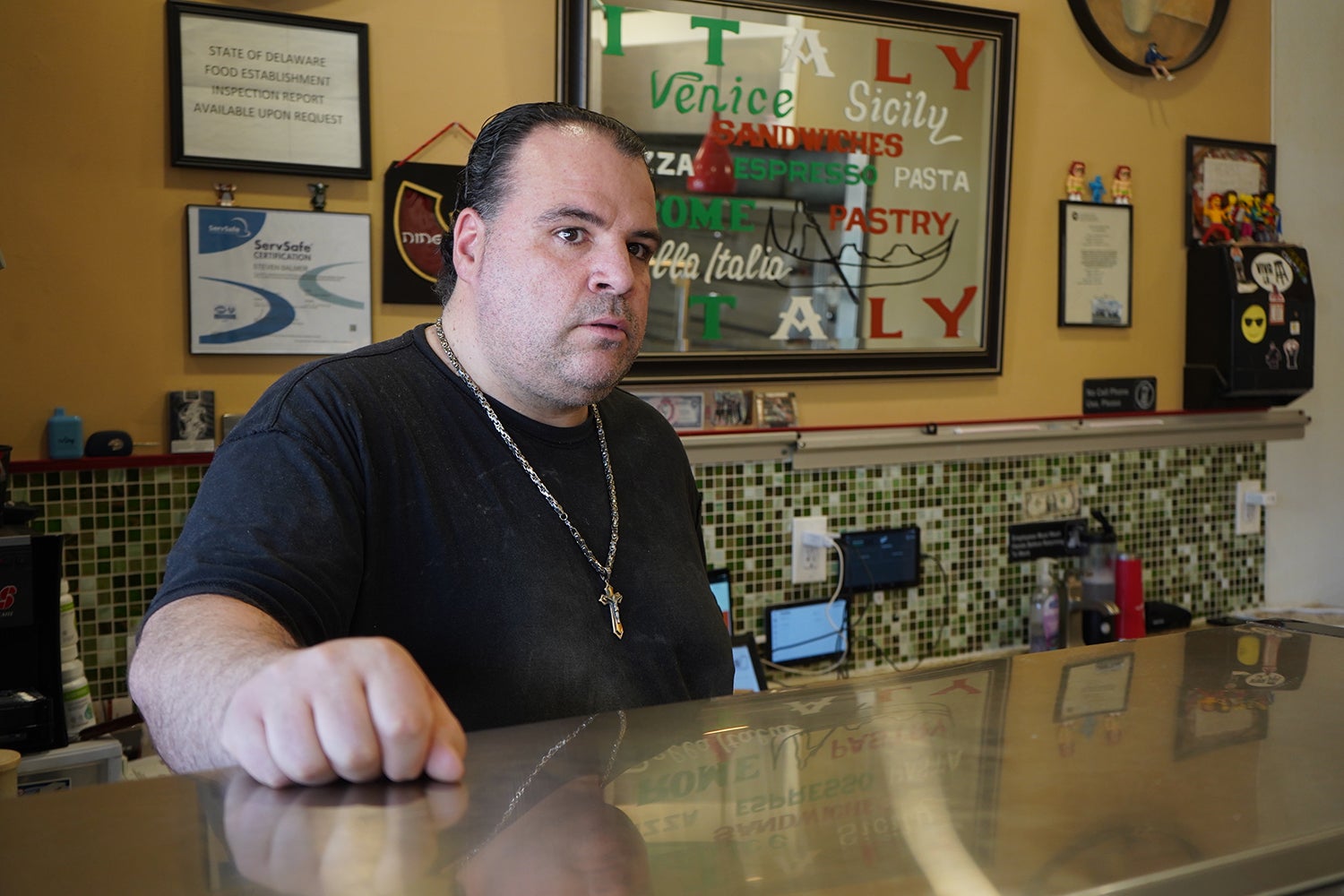Comparing gambling regulations in the US and Canada | Racine County Eye

Gambling regulations in Canada and the United States share some similarities but also have significant differences. Both countries allow individual provinces and states to regulate gambling within their borders, but the overall approach and specific laws vary significantly.
Federal Approach To Gambling
The U.S. gambling regulatory framework is a complex network of federal, state, and tribal jurisdictions. While the federal government provides general guidelines, states have the freedom and right to regulate or ban gambling. This has resulted in a diverse and mixed melting pot of regulations and laws nationwide.
Canada, on the other hand, has taken a more uniform approach at the federal level. Under the Canadian Criminal Code, gambling is illegal unless managed by a province. This gives Canadian provinces the authority to oversee and control gambling according to their own rules, resulting in some diversity within a consistent national framework.
State and Provincial Gambling Variations
The U.S. and Canada have very different approaches to regulating gambling. For example, let’s say you enjoy online bingo. Some states may have laws prohibiting residents from using offshore gambling sites. However, online bingo is legal in Canada, as long as the online bingo sites are based offshore. This allows Canadians to take full advantage of the variations, including 90-Ball Bingo and Live Bingo according to ReadWrite’s James Fuller.
United States
In Wisconsin, gambling laws allow betting on dog racing and a few riverboat casinos, but most other types of gambling are prohibited. Wisconsin legalized sports betting in 2021, but it’s only allowed at retail sportsbooks. As of 2024, there are six retail sportsbooks in Wisconsin. Bettors can also use a mobile app but only on Oneida tribal land.
The U.S. has some extreme differences between states:
- Some states, like Hawaii and Utah, ban all forms of gambling.
- Others, such as Illinois, New Jersey, Pennsylvania, and Michigan allow most forms of gambling and have extensive gambling offerings.
- States like Alabama, Alaska, Georgia, and Vermont have very restrictive gambling laws, only allowing limited forms.
Canada
While Canadian provinces have some variations in their gambling laws, the differences are less extreme:
- No Canadian province has completely banned all forms of gambling; however, provinces like Alberta have more restrictions but are looking to a more open model similar to Ontario’s.
- Most provinces offer some form of gambling, such as lotteries, even in the more restrictive provinces such as Newfoundland and Labrador.
- Ontario is considered the most progressive, offering numerous gambling options, including a well-regulated online gambling market with several different operators.
- Quebec operates state-run casinos and only offers online gambling through its provincial lottery corporation, Lotto Quebec.
Online Gambling
Online gambling differs significantly between the U.S. and Canada.
United States
The U.S. has much stricter regulations at the federal level. The Unlaw Internet Gambling Act of 2008 significantly limits online gambling, making it permissible only under specific state laws. States like Connecticut and Delaware have legalized online gambling, often allowing multiple commercial operators, creating a highly competitive market.
Some states that have banned or do not allow online gambling, include:
- California: Online casinos and sports betting are illegal, but pari-mutuel horse race betting is legal online.
- Massachusetts: Online sports betting is legal, with multiple mobile sports betting apps active in the state since March 2023, whereas online casino games remain illegal. States like Kentucky and Maryland have similar gambling laws and approaches.
Many states are considering and have tried to legalize online casinos.
Canada
Canada’s approach to gambling is generally more lenient than in the U.S. Each province has regulations governing this industry.
- Many provinces allow online gambling through their respective provincial lottery organizations.
- Ontario broke new ground in April 2022 by allowing private companies to legally operate online gambling sites, creating a regulated market similar to some U.S. states.
- Ontario is currently exploring a groundbreaking first, the province is considering allowing its online regulated online gaming sites to mix player pools with international players, similar to how offshore casinos currently operate. The proposed changes in Ontario might impact or influence the online gambling sector in various provinces in Canada.
- Some provinces like Quebec and others in Canada provide gambling services through their official provincial lottery organizations but do not permit independent operators to offer such services.
Sports Betting
Federal Approach
- In the U.S., sports betting was federally banned until 2018 when the Supreme Court struck down PASPA. Now, each state can decide whether to legalize sports betting.
- In Canada, sports betting has been legal at the federal level since August 2021, allowing provinces to regulate single-game sports betting.
Legalization Status
- In the U.S., sports betting is legal in 38 states as of 2024, with varying regulations and offerings.
- In Canada, sports betting is legal nationwide, with each province able to regulate it. All provinces offer some form of sports betting.
Market Structure
- The U.S. has a more diverse market, with many states allowing multiple commercial operators.
- Canada generally has a more restricted market, with most provinces offering sports betting through provincial lotteries. However, Ontario has opened up to commercial operators.
Online Betting
- Many U.S. states offer online sports betting through various commercial operators.
- In Canada, online sports betting is available in most provinces, but often through provincial lottery corporations. Ontario is an exception, allowing multiple private online sportsbooks.
Related
Transcript – America This Week, November 22, 2024: “Gambling With…
Listen to Episode 113Matt Taibbi: All right, welcome to America this week, I’m Matt Taibbi.Walter Kirn: And I’m Walter Kirn.Matt Taibbi: Walter, you look su
Online Gambling Giants Thrive in the U.S. With Practices Dropped…
The U.S. online gambling market is booming, driven by European giants Flutter, the operator of FanDuel, and Entain, co-owner of BetMGM. However, these compa
FanDuel’s Amy Howe Voted American Gambling Awards 2024 C-Suite Executive…
Amy Howe, chief executive officer of U.S.-based FanDuel, has been named the American Gambling Awards 2024 C-Suite Executive Of The Year.Howe, a graduate of Corn
Maryland’s Vanessa Atterbeary Voted American Gambling Awards 2024 Policymaker Of…
Vanessa Atterbeary, a Maryland legislator leading an effort to legalize online casino gaming in the state, has been named the American Gambling Awards 2024 Poli












